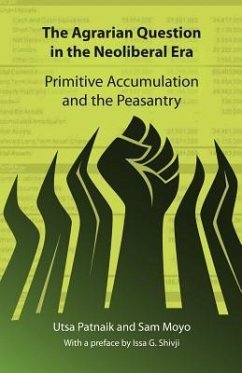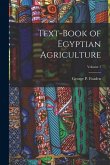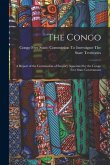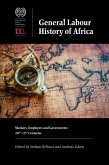Food security and asset possession of small producers in developing countries has been severely undermined over many years. The old primitive accumulation of capital - by seizing resources from colonies - was only temporarily halted by independence struggles. Today the advanced capitalist world, whose large scale agriculture cannot meet its own consumption needs, angles to control the superior productive capacity of developing countries for both food and agrofuels. Monopolistic control of food distribution, increased prices of foods and farm inputs, and transnational capital's concessioning of land for food and agrofuel production have created a new scramble for land. At the same time neoliberal reforms have increased unemployment, deepened debt, led to land and livestock losses, reduced per capita food production and decreased nutritional standards. The dominant response to this agrarian crisis has been to reinforce the incorporation of the peasantry into volatile world markets and to extend land alienation, increasing import dependence. This book shows how the peasantry's increasingly active resistance has the potential to undermine political stability in third world countries. Patnaik argues that generating livelihoods and genuine development for the majority demands the encouragement of labour-intensive petty production, a rethinking about which agricultural commodities are produced, the redistribution of the means of food production and increased social investment in rural development. Food sovereignty requires policies that defend the land rights of small producers. Voluntary co-operation will permit economies of scale, higher productivity and incomes, and allow the mass of the people to live their lives with dignity.
Hinweis: Dieser Artikel kann nur an eine deutsche Lieferadresse ausgeliefert werden.
Hinweis: Dieser Artikel kann nur an eine deutsche Lieferadresse ausgeliefert werden.








